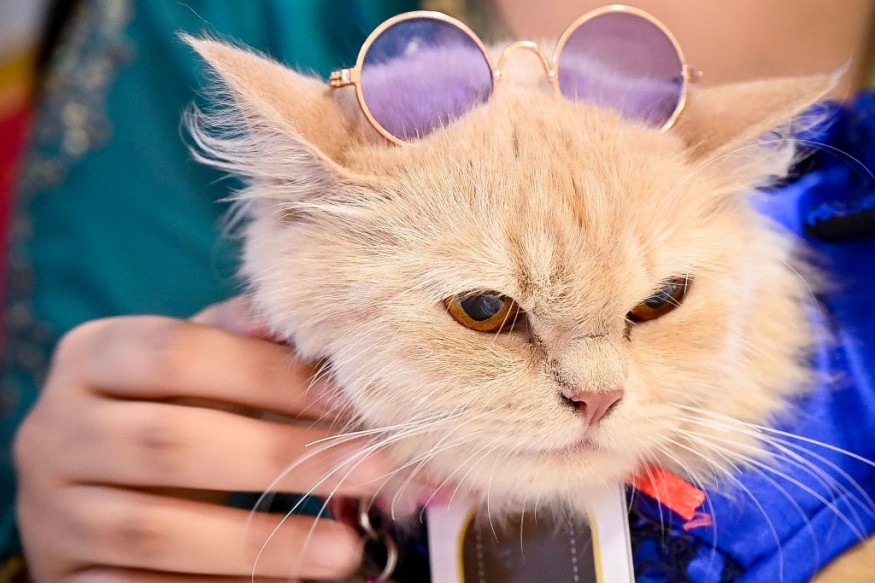Cat microchipping has become mandatory across England, where cat owners are required to put microchips on their feline pets until June 2024.
The mandate is based on a new animal law that will make lost or stray animals reunited with their owners quicker than animals with no microchips embedded on them.
Failure to comply could result in fine of up to £500.
England Cat Microchipping

Following a session in Parliament on Monday, March 13, the new microchipping rules have a deadline until June 10, 2024.
This comes as an estimated 2.3 million out of 9 million pet cats in England are currently unchipped, the UK's local news outlet Bishop's Stortford Independent reported.
Under the new animal care law, existing owners must have their pets chipped by June 2023, and those who were found to be non-compliant afterward have 21 days to have their cat chipped before facing a fine.
For newborn kittens, owners must install a microchip to their pets before they reach 20 weeks old.
Microchipping pet dogs and cats generally involves the installation of a tiny device, similar to the size of a grain of rice, under the skin of the animals.
The microchips will serve as a beacon or GPS of the real-time location of a pet, including important details and the contact number of its owner.
UK Pet Cat Statistics
UK-based charity organization Cats Protection reported that there are approximately 10.8 million pet cats across the UK, with 26% of households owning at least one kitten.
Despite the figure coming from research, the actual number of cats across the British Isles is far from complete since there are many unowned stray cats and feral cats roaming across the streets and the countryside, the charity said.
In 2016, Cats Protection launched the "Cat Watch" project to obtain a more accurate statistics of cat population across the UK.
Under the program, members of the organization have been working closely with local communities.
This collaboration aims to encourage community members to report unowned cats, either through the group's Cat Watch app, Cat Watch Facebook groups, or in person.
With the said initiative, the charity recorded over 3,900 cats in the Bulwell, Nottingham, Liverpool, and Luton, with more than 420 cats being neutered and 520 finding their new homes.
Lost Pets and Microchips
A number of lost pets cases, including cats and dogs, are mainly due to the animal running away, accidently left behind, stolen, and among others.
It is for this reason that some pet owners and animal rights enthusiasts have advocated the installation of microchips to their fur babies.
In 2021 alone, almost 10,000 pets were reported missing on the website of Animal Search UK, a 24-hour customer service portal for missing pets across the UK, the Royal Society for the Prevention of Cruelty to Animals (RSPCA) cited.
In case of missing pets, the RSPCA suggests checking and contacting local vets and local animal welfare organizations, as well as the police, if the emergency is suspected to be a stolen pet case.
In the US, approximately 10 million pets are lost each year, and millions of these animals end up in the country's animal shelters.
Only, 15% of dogs and 2% of cats in shelters without identification tags or microchips are reunited with their owners, according to the non-profit organization American Humane.
© 2025 NatureWorldNews.com All rights reserved. Do not reproduce without permission.





